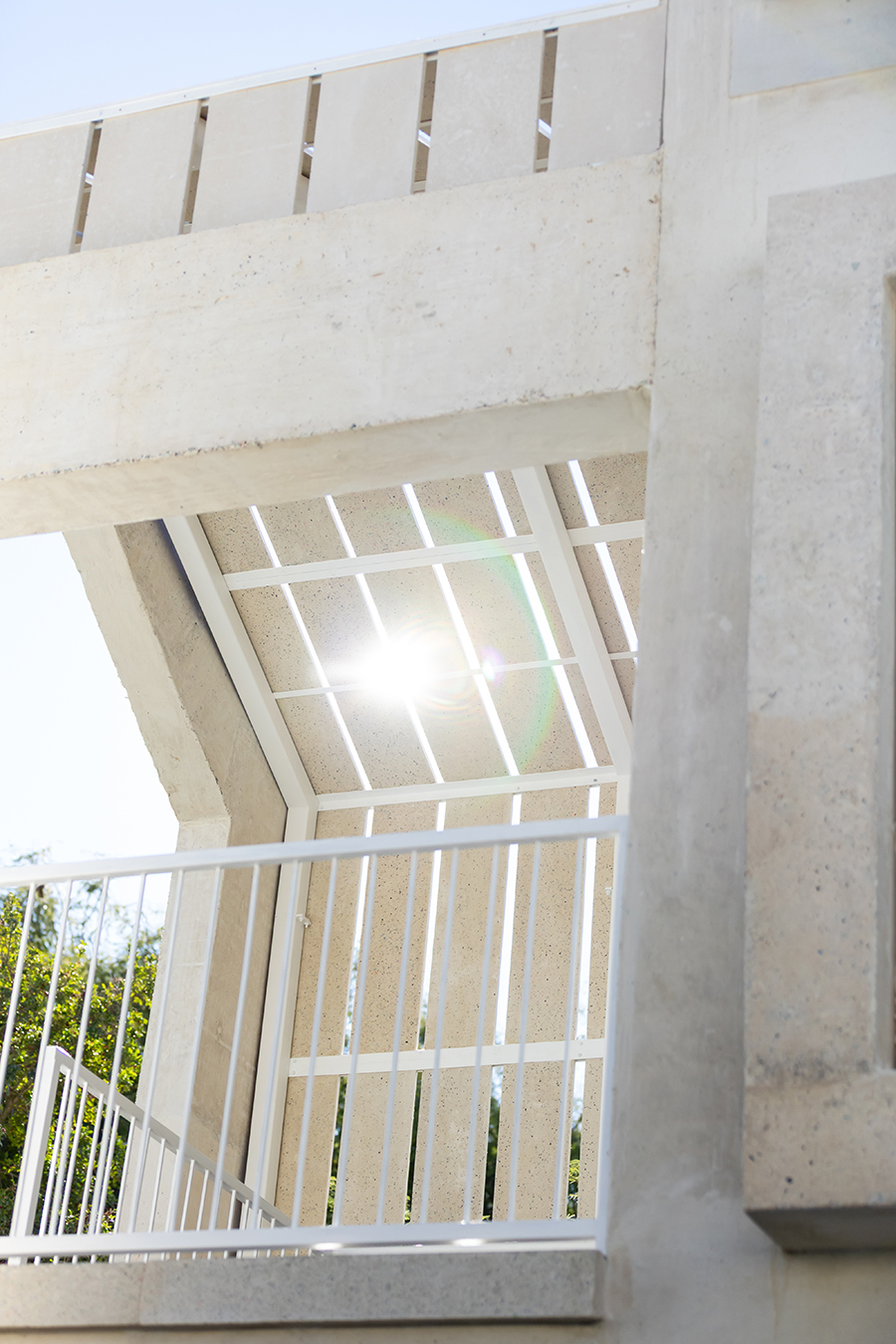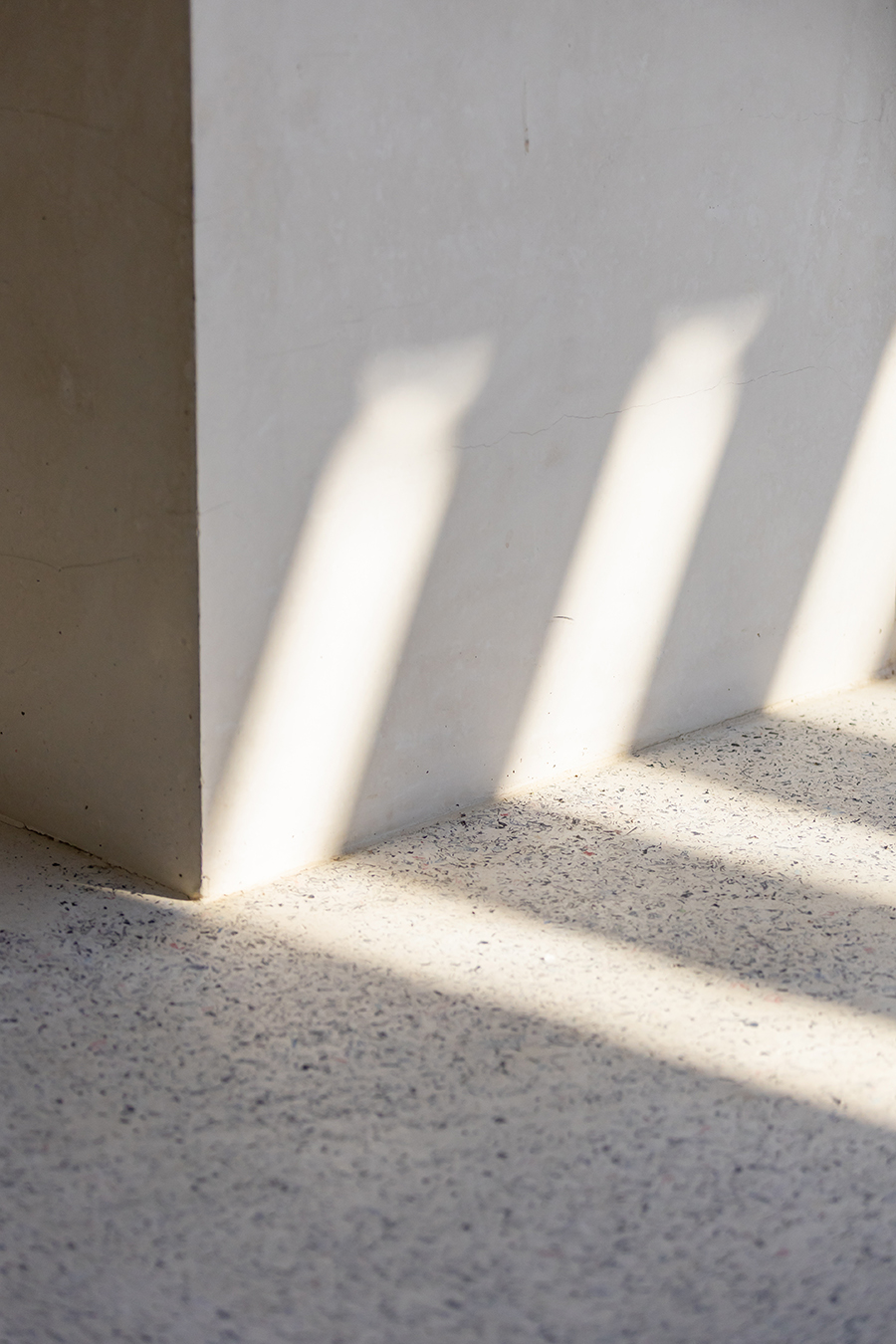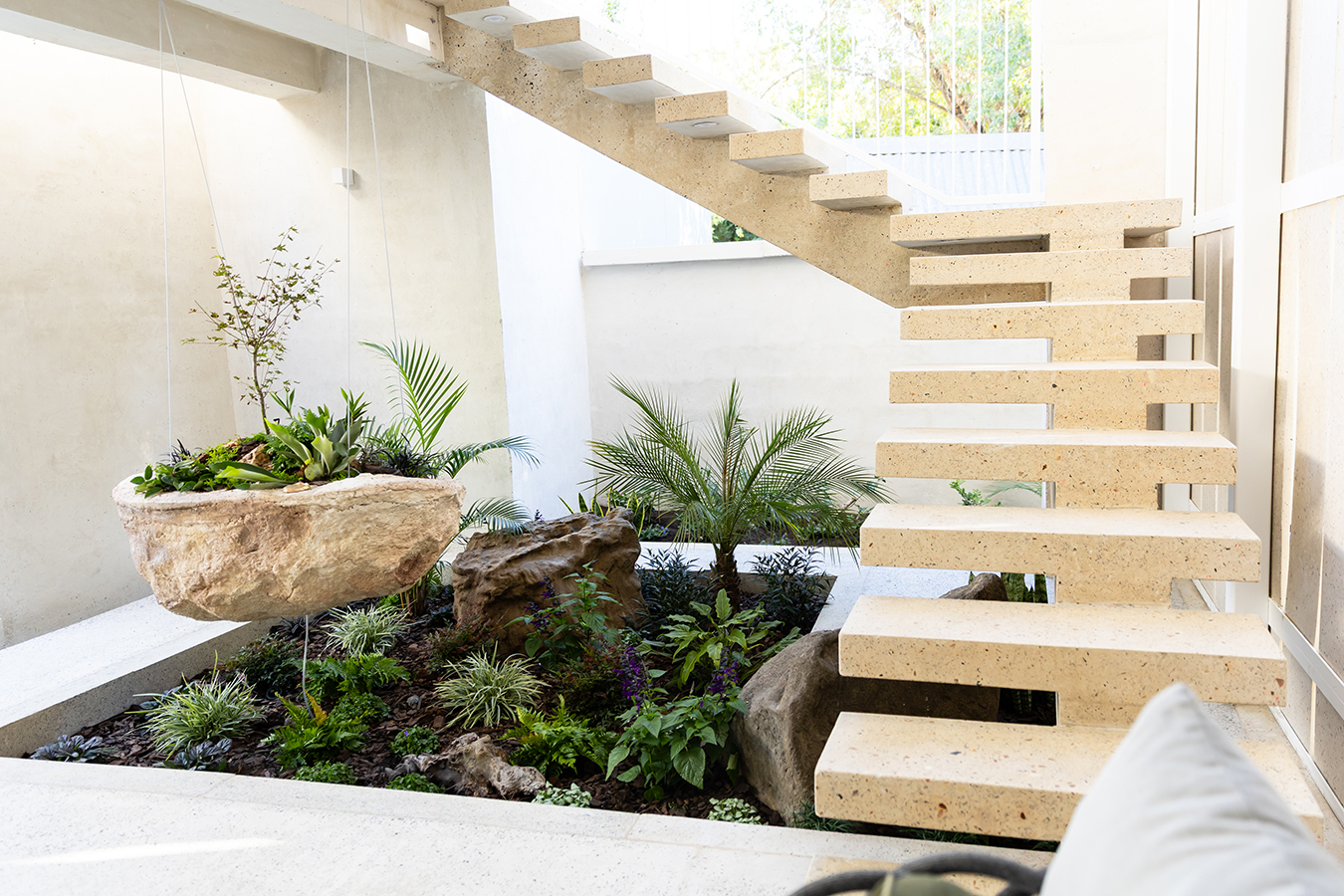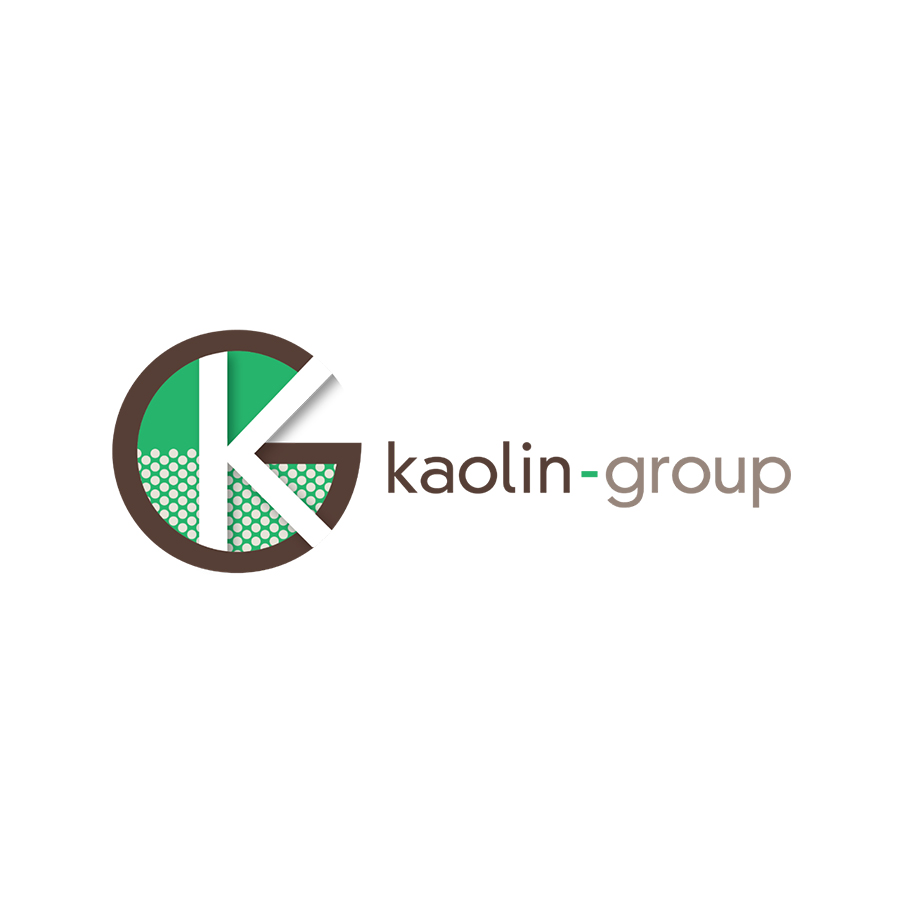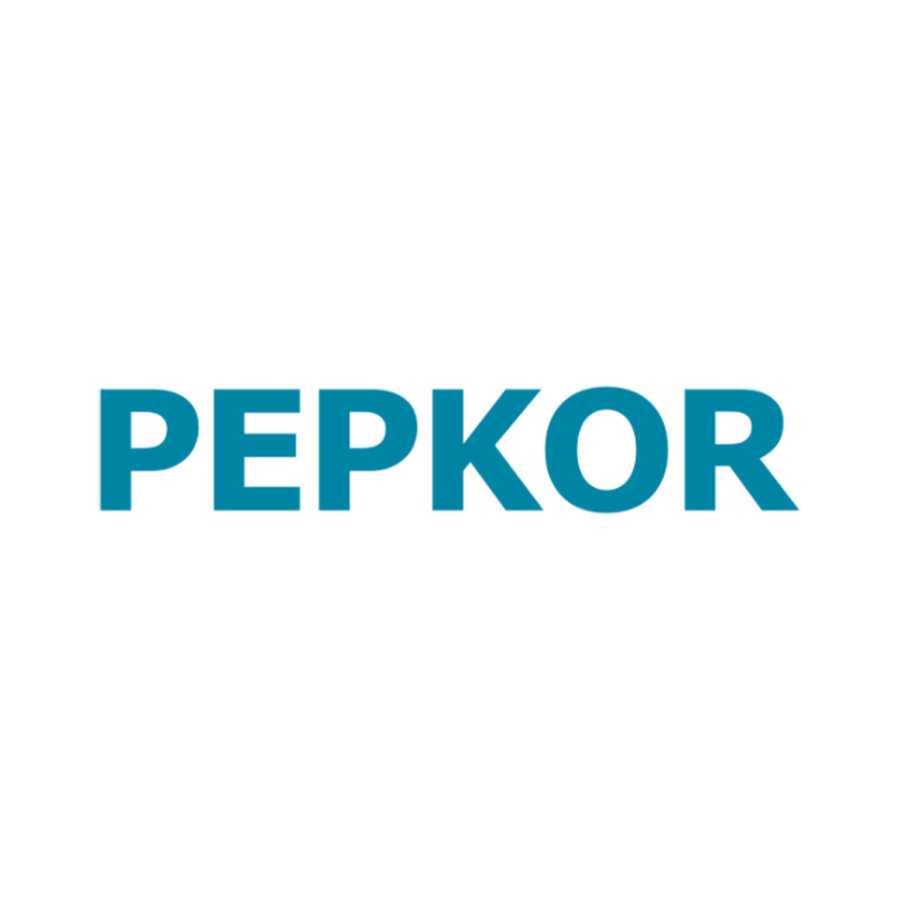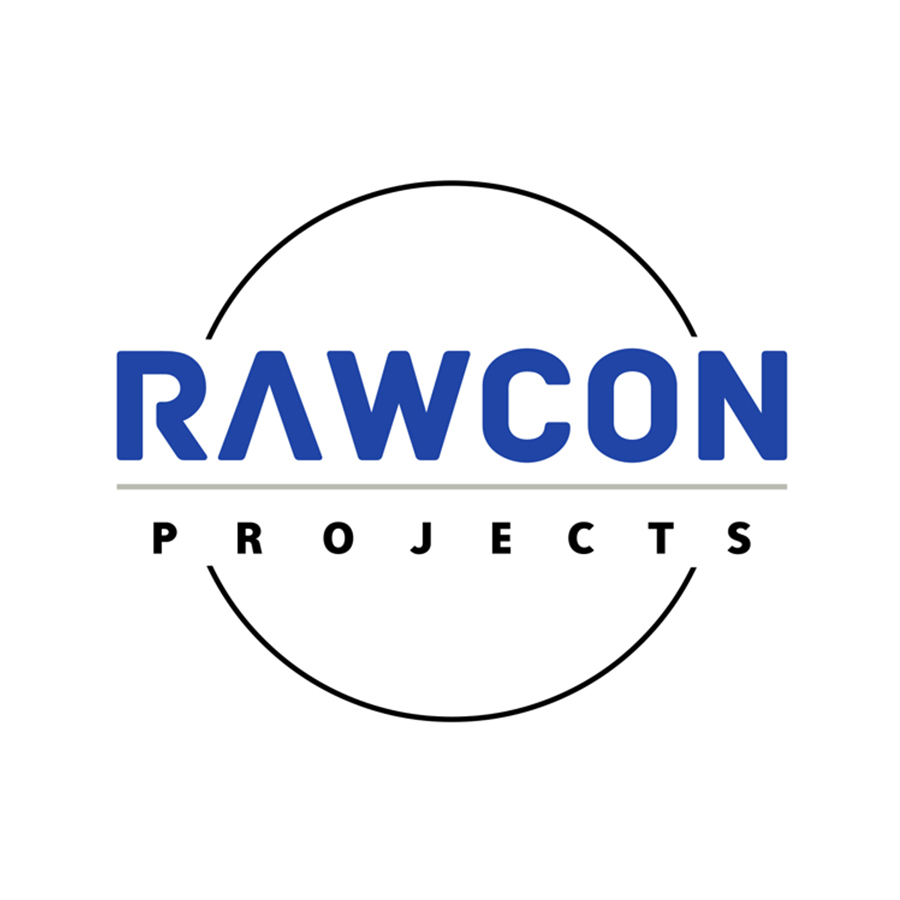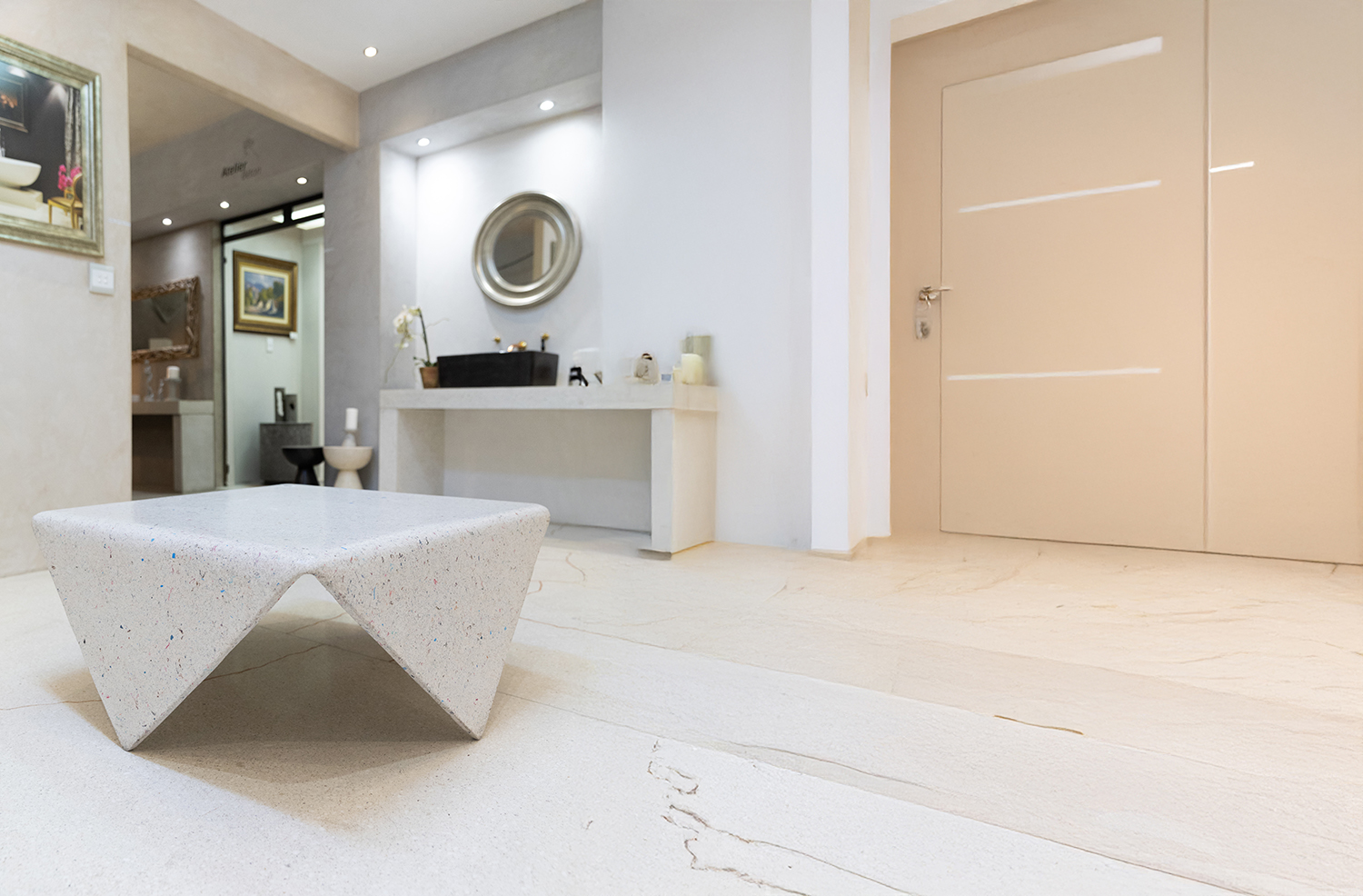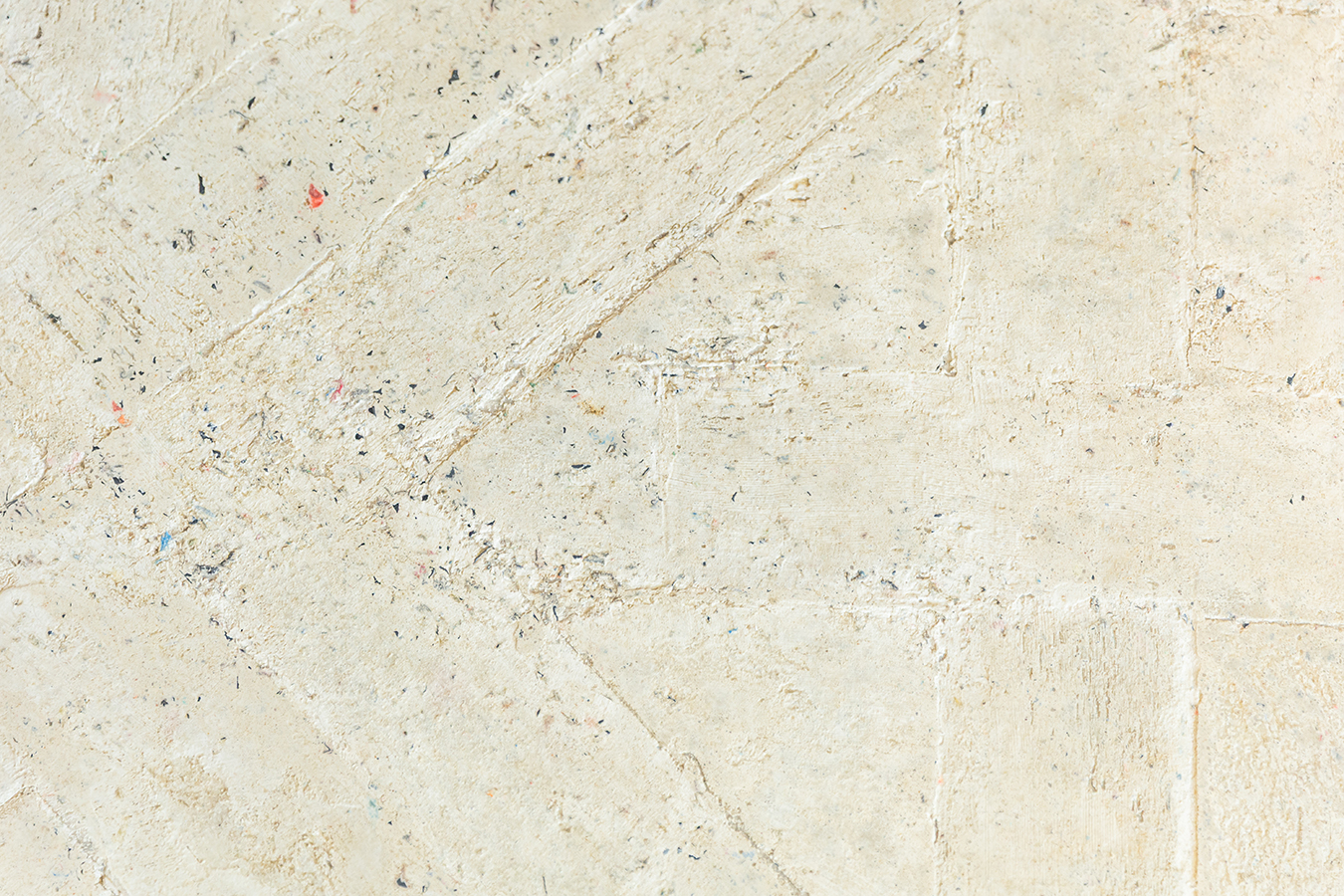
Building a Sustainable Future, Today
The Environmental Challenge & The Zerocrete Revolution
Landfills are rapidly reaching capacity, burdened by millions of tons of plastic, fabric, and glass discarded annually. Plastic, for instance, can take over 300 years to decompose, leaching harmful pollutants and breaking down into microplastics that contaminate our environment and oceans. The traditional “take-make-dispose” linear consumption model is no longer sustainable, demanding innovative solutions.
Compounding this, the construction industry, a cornerstone of global development, is a significant contributor to CO2 emissions, largely due to cement production, which accounts for approximately 8% of global CO2 emissions.
Zerocrete offers a transformative solution.
We are revolutionizing the construction and design industries by transforming landfill-bound waste – including plastic, fabric, and glass – into sustainable, high-performance materials. Our patent-pending process diverts these problematic waste streams from landfills and upcycles them into a range of aesthetically desirable and durable products.
By using Zerocrete, we can significantly reduce the reliance on traditional cement (by up to 40% in our material) and lower the carbon footprint associated with manufacturing, offering a path towards a circular economy and sustainable development.
Our History
Zerocrete is a proudly South African company born from the urgent need to address the twin crises of waste management and carbon emissions. While the journey has involved months of intensive research and development, our core focus has always been on perfecting a technology that turns environmental liabilities into tangible assets.
Our Team
Zerocrete is driven by a passionate and experienced team with deep expertise in materials science, manufacturing, design, business development, and sustainability.
We are committed to innovation, quality, and creating a positive impact on the planet.
Our Affiliates
Zerocrete is actively building strategic partnerships with key players across the supply chain, including construction companies, architects, interior designers, and potential investors and license holders in key territories like South Africa, the USA, Europe, and the UAE.


